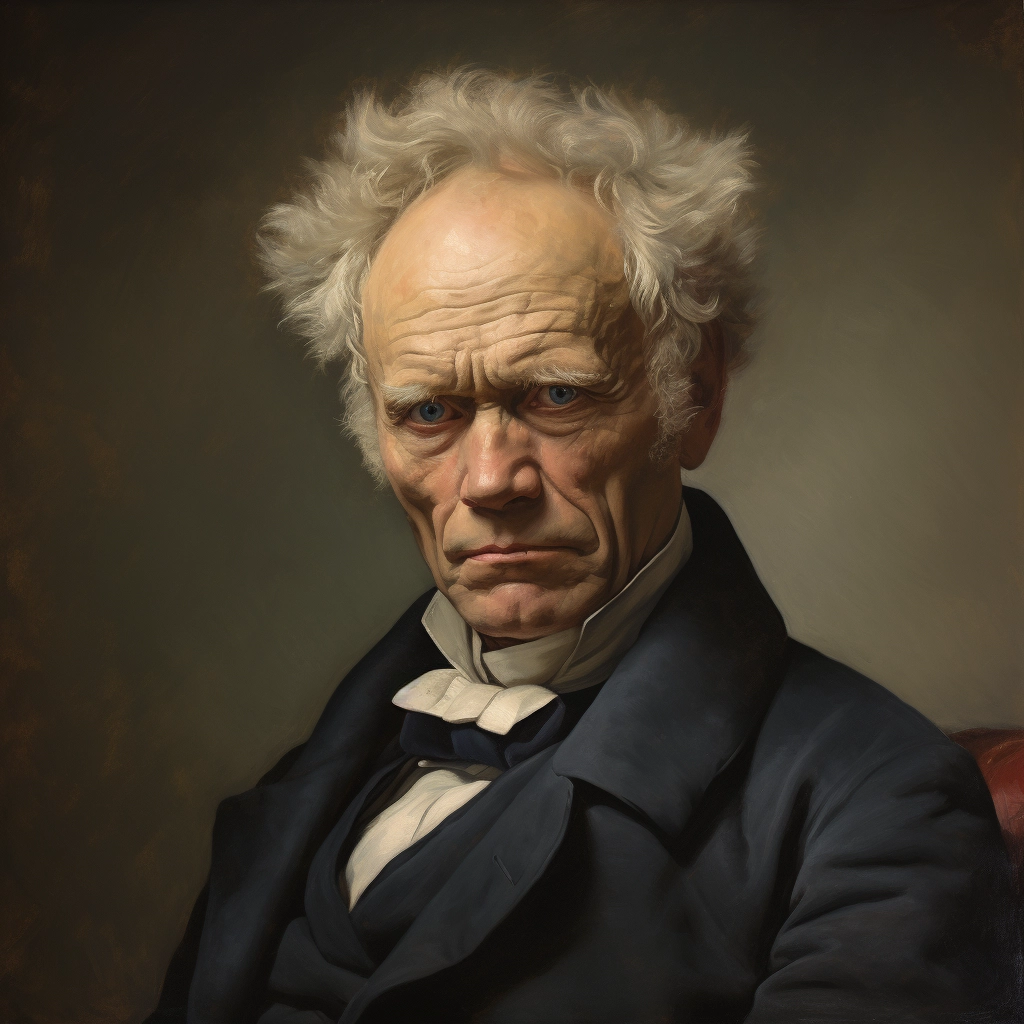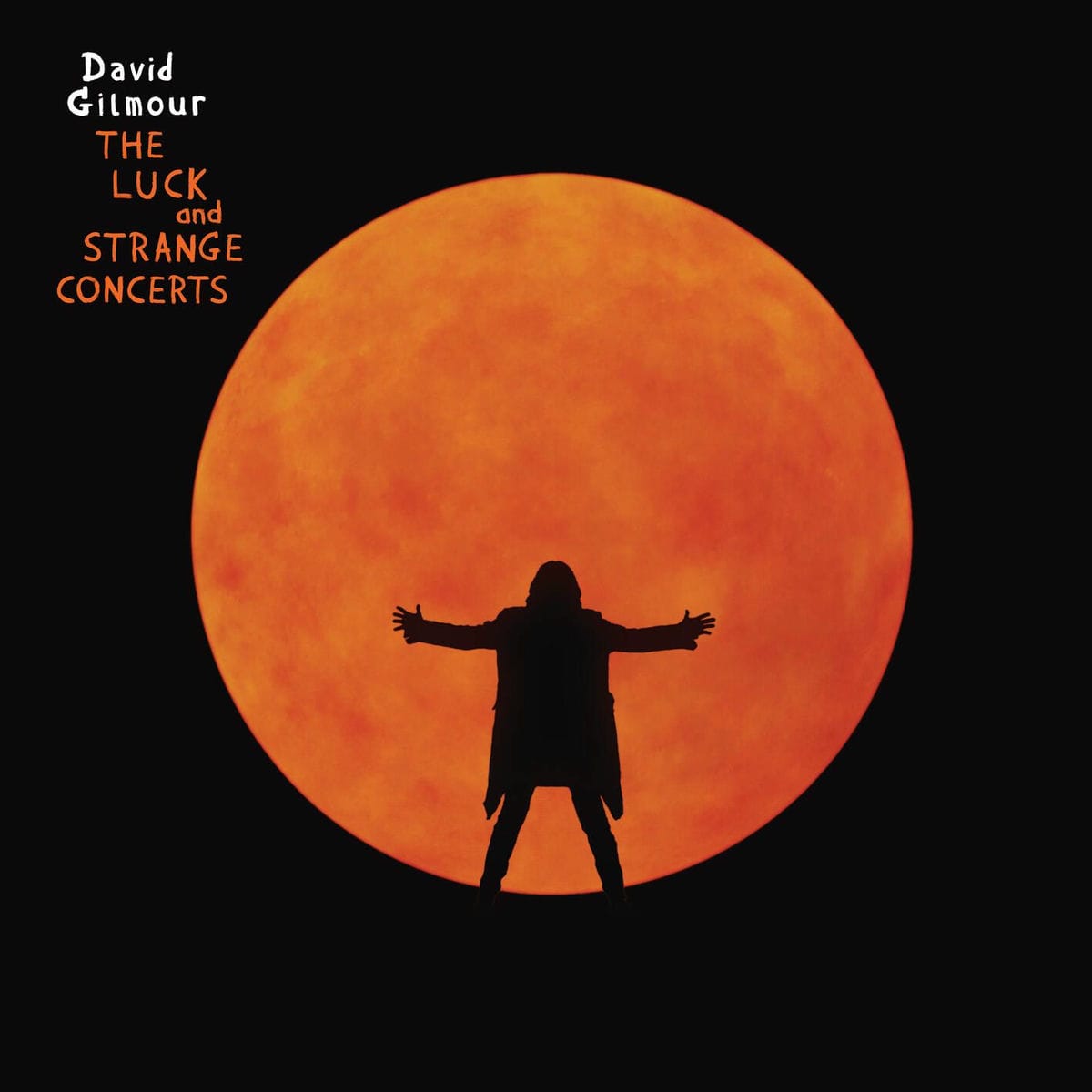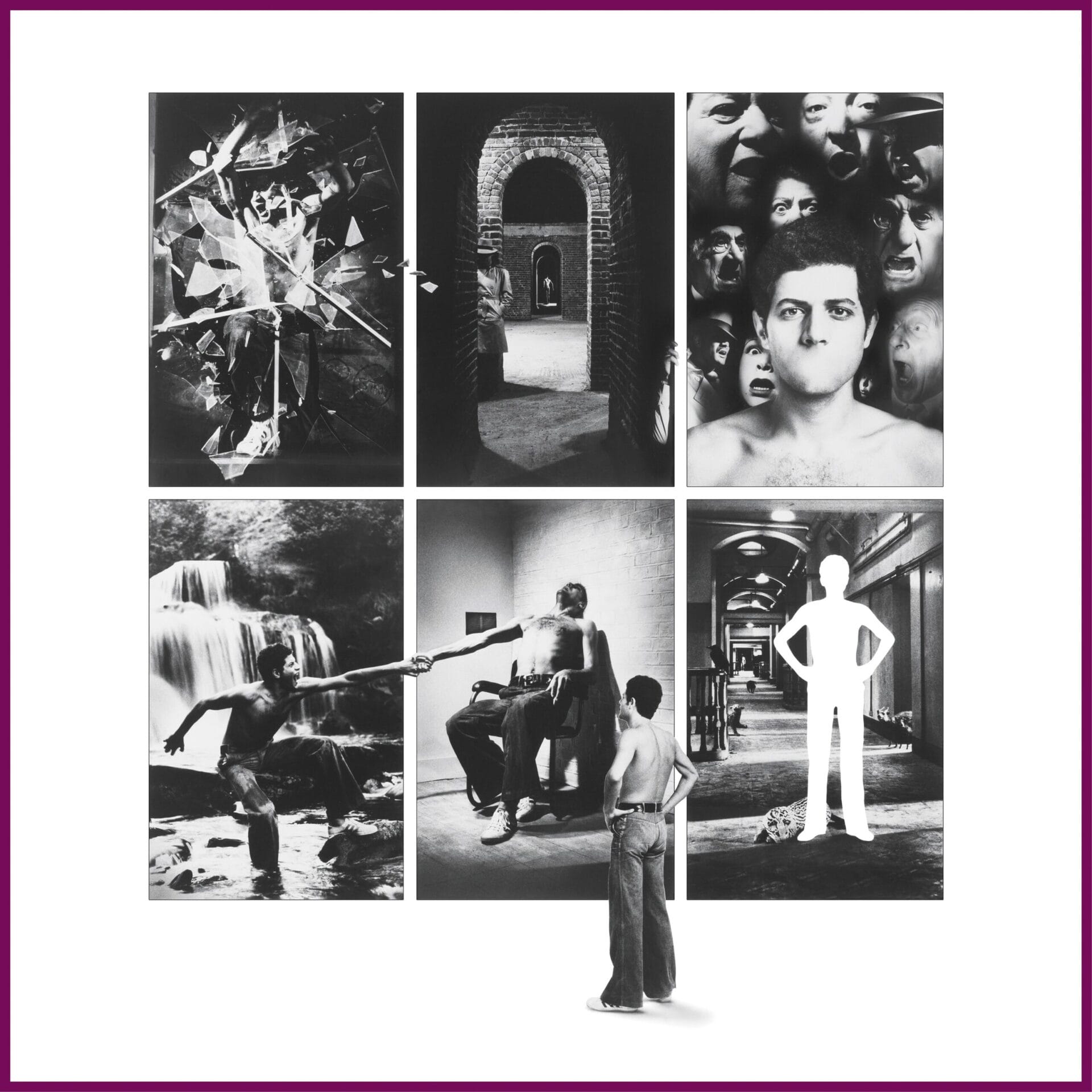At this point in my life, I see a significant number of married people among my acquaintances. This is a good thing; it means I’m less likely to acquire the social commitment of attending a boring wedding, as if I don’t have better things to do.
But witnessing this surge in marriages among my acquaintances doesn’t make me doubt my decision to avoid such a situation, especially considering the questionable quality of their partners and current marital lives. It certainly makes me reflect on this traditional social arrangement.
Some of these individuals are already on their second marital round, and at least one has gone through two failed rounds! And I wonder, what were they thinking?
The reality is that “they weren’t thinking.”

The Biochemical Trap
One of the main reasons a couple decides to get married is precisely that their ability to reason (think clearly) has decreased considerably due to hormonal and biochemical processes that occurred in their brains when they began to be sexually active during their premarital days.
When sexual activity becomes recurrent over an extended period, the couple perceives that their emotional bond strengthens, and their sense of mutual trust grows. They start to see the world through rose-colored glasses. There is a process of idealization in which each tends to focus, even magnify, the positive traits of the other, and minimize or deny the negatives.
This process happens because our species is programmed to react automatically in this way as a result of recurrent sexual activity, seeking to keep a couple together in preparation for a potential pregnancy. Essentially, it’s about artificially manipulating potential future parents, compelling them to want to blindly stay together, for the benefit of a hypothetical future offspring.
If these inadvertently binding processes didn’t happen, these individuals might have the opportunity to think better of it and could conclude that, for various reasons, their partner is not suitable for marriage, or that they are not as attractive as they thought.
It shouldn’t be surprising that, over time, as the influence of these artificial biochemical processes that led them to experience that exaggerated sense of mutual connection naturally and inevitably fades, they realize situations such as not having much in common, not finding their partner attractive, or not even liking or tolerating each other.
As the great philosopher Friedrich Nietzsche said, “How many married men have experienced the morning when they realized that their young wife is tedious, while she believes the opposite.”
But often, this moment comes too late. Most likely, by then, complex situations exist, including, probably, at least one child, and because of this, the couple decides to stay together in an attempt to tolerate each other, often with difficulty and displeasure, possibly for the benefit of one or more children.
In other words, the species has once again fulfilled its purpose and got its way, causing Homo sapiens to behave in a predetermined way. Its end is always to ensure the future of the children, never the happiness of the parents.
As the philosopher and neuroscientist Sam Harris said, “the idea of Free Will cannot be mapped on to any conceivable reality and is incoherent. Neuroscience reveals you to be a biochemical puppet.” This means that internal biochemical reactions guide our behavior toward predetermined ends, unconscious to us. Our species is designed in this way. In fact, this applies in general to our entire life experience. Considering this might be unsettling.

The Analysis of a Property for Sale
When someone plans to buy a house, they thoroughly research the property’s land, the house’s foundations, the interior, inspect possible cracks in the walls, check plumbing, electrical connections, and countless other details. They even evaluate the purchase through professional opinions. It’s not just about seeing the facade of the house, deciding to buy it on impulse, and moving the next day.
A house is a very significant investment, with a significant impact on any human being’s life, but it doesn’t compare to the enormous impact a person’s marital partner can have on their life. However, most people get married without undergoing a similar evaluation process, almost as if they were blindly and impulsively throwing themselves into the void.
When planning to get married, one should proceed as in the example of buying a house, in relation to the potential partner. A thorough analysis and being as objective as possible are necessary. Psychological tests are not excessive. Research into lineage and genetic trends is key. Additionally, it is essential to consider the phenomenon that rationality and decision-making ability will surely be compromised, as a consequence of the sexual activity that this couple, considering marriage, will undoubtedly have in full historical plenitude. External eyes would be of great help, as would the ability to be receptive to opinions that may contradict personal perceptions.
And, as Nietzsche said, “Sometimes a couple of stronger glasses are all that is needed to cure the lover. And he who had the imagination to visualize a face, a figure twenty years older, might pass through life without being disturbed.”
For this philosopher, if marriage is solely based on romantic love, it will be highly unstable. “Sensuality often makes love grow too fast, so the root remains weak and is easy to uproot.” In his ‘Zarathustra,’ he concludes that “romantic love relationships are merely passing madness, and it is foolish to turn madness into a long-term commitment.”

Schopenhauer on Marriage
The thoughts that a person is likely to make poor choices in whom to marry, and later, they will encounter many unpleasant surprise, reminds me of the advice from another great philosopher, Arthur Schopenhauer: “Before getting married, keep your eyes wide open. Then, half-closed.”
The wise old Schopenhauer made various other comments regarding marriage during the peak of his wisdom. Here are some of my favorites:
- “To marry is to halve one’s rights and double one’s duties.” This seems particularly true in the case of a man, who, in today’s gynocentric social order (focused on the benefit of women), is expected to be essentially equivalent to a poorly appreciated beast of burden.
- “To marry is to blindfold oneself and hope to find an eel in a sack full of snakes.” In other words, it’s a lottery with very few chances of winning, considering the high rates in divorce and infidelity statistics.
- “Marriage is a trap of nature.” This refers to the biochemical process that inadvertently binds a couple, as mentioned in the opening paragraphs of this article, a process Schopenhauer had observed since the early 19th century.
- “It is slowly making each other miserable.” As the artificial biochemical idealization process diminishes, and the time spent together increases, married individuals eventually perceive their partner more realistically. Inevitably, situations arise where they encounter an imperfect, inconsistent, and problematic individual, along with many circumstances beyond their tolerance. All of this accumulates into mutual discomfort and misery. There comes a point where reality can no longer be denied.

Changes for the Worse
It is crucial to emphasize that prolonged cohabitation between two people, as in married life, almost invariably leads to a significant decrease in mutual respect.
There are reasons for this, such as familiarity and routine (states contrary to romance), but the loss of mutual respect doesn’t solely result from these factors. It often stems from not giving the same importance to behaving appropriately as in the initial stages.
This phenomenon is partially due to the decrease in “competition anxiety” experienced when there was initial concern in each person that their partner might leave them and start a relationship with someone else. This anxiety acted as a motivational force to promote not only behaving pleasantly but even giving their best. It diminishes because the relationship is taken for granted, and with this comes a decrease in behavior moderation.
This could also lead to neglect in personal care, such as staying in shape, and even negatively impact placing importance on personal hygiene. Both situations could generate displeasure in the other.
Usually, in parallel with the decrease in respect, married people develop a sense of unquestionable entitlement, almost ownership, over their spouse. This happens especially if the spouse is dependent on them. And so, many humans will unleash their own natural aggressive impulses toward the other of “their possession” and “under their power,” without any concern.
I want to mention that it is my personal observation that most people, throughout their lives, generally change for the worse in their personality, thinking, and behavior. Causes include physical or health deterioration, mental and emotional wear and tear, immaturity, and accumulated frustration. Due to this, one can expect their marital partner to become someone with whom it’s more challenging to coexist.
If, additionally, they haven’t achieved the success they believe they deserve in life, many people may become highly resentful (or worse, leftists, which is equivalent to being resentful, but that’s a separate issue), possibly even attributing the blame for this to their partners, constantly expressing their anger.
Another aspect to consider is that in a marital life, there is a boredom in each toward their partner, from spending so much time together. This phenomenon is normal in human beings, reinforcing that marriage is not aligned with our nature. With this boredom comes a decrease in mutual interest, replaced by indifference and even recurrent impatience or boredom, leading to contempt and infidelity.
An additional situation, not uncommon, that may have existed before marriage or developed afterward in one or both spouses, is a negative addiction, such as to drugs, alcohol, or something else. This can cause a series of significant issues seriously affecting the couple, from squandering money and time to erratic, aggressive, inconsiderate, and immature behavior.
Finally, we know that absolutely all human beings, by nature, are emotional, inconsistent, fragile, even unstable creatures, with their own baggage of traumas, complexes, personality disorders, and unresolved issues. Most people won’t make an effort to address any of this, like going to psychotherapy or increasing their self-awareness (the ability to be conscious of oneself, one’s thoughts, feelings, and actions). Much of what I’ve mentioned won’t be evident initially, but in a prolonged marital life, it will come to light, causing its own set of issues.
These are just some situations that promote, as Schopenhauer indicates, the increasing misery of one another in a married life. In my view, they are sufficient reasons to justify deciding to avoid such a thing. But there’s more.
Press here for the next part in this series of articles on the old institution of marriage.






